Offering high reliability and superior protection against harmful chemical spills and leaks, double wall tanks protect both the worker and the environment. In addition the double walls ensure that unwanted substances will not enter and mix with the substance within the plastic tank as well. Read More…
Roto Dynamics Inc., custom rotational molders serving rotomolding and plastic tank needs nationwide. We are dedicated to our customers manufacturing needs. Building customer relationships based on integrity and communication assists us in developing a competitive advantage within the industry.
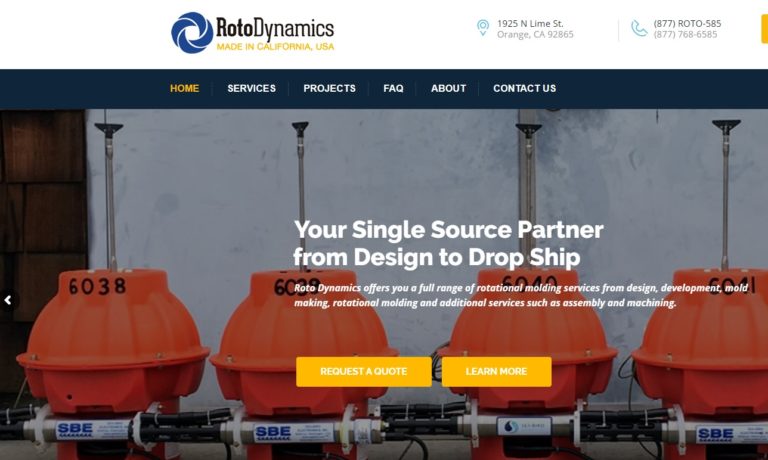
With over 100 years combined experience, All Plastics and Fiberglass has the experience to handle all your plastic and fiberglass needs.
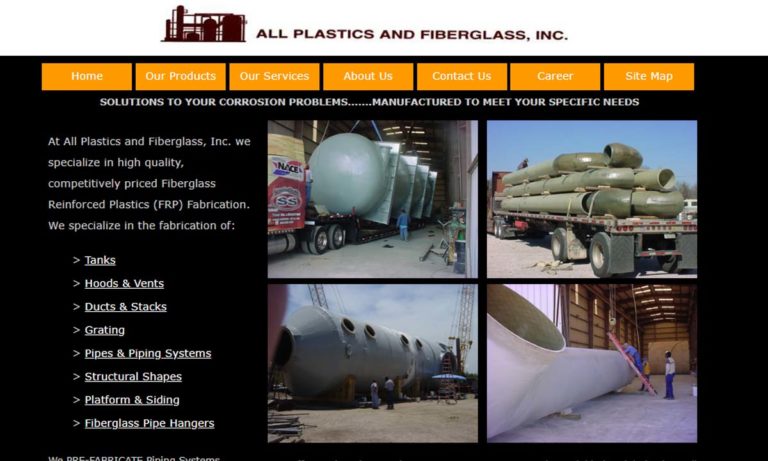
Specializing in fabricated plastic tanks such as water tanks, polypropylene tanks, polyethylene tanks and storage tanks, Park Plastic Products is capable of making your plastic tank in any size or dimension.
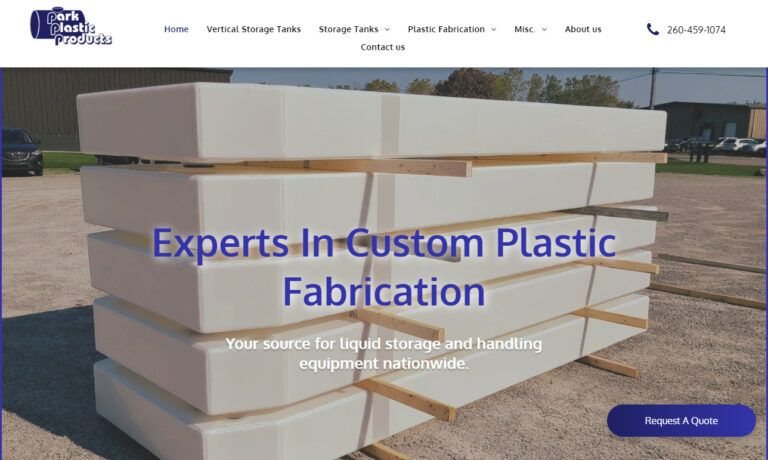
Sherman Roto Tank specializes in tanks that are manufactured to be suitable to store and process chemicals. Our tanks are a great choice for any industry. All our products go through extensive testing in order to surpass the industry standards. We offer sizes varying from 65 gallon to 800 gallon tanks. Along with tanks we manufacture customizable stands.
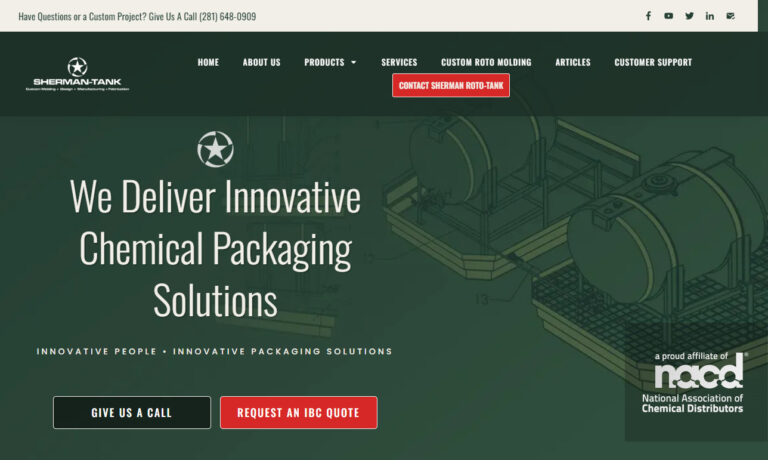
Plas-Tanks Industries fabricates fiberglass-reinforced plastic tanks, chemical tanks (for storage) and vacuum vessels for storage, processing and mixing of water, wastewater and corrosive materials. We specialize in repairs, shop design and fabrication plus shop-built and field-assembled vessels.

Rhino Tuff Tanks is a leading manufacturer of high density polyethylene plastic tanks. Our tanks are built to last and can easily replace 55 gallon drums and steel tanks while conserving space by stacking vertically. Rhino Tuff Tanks can be used to store fluids across a wide variety of industries, including automotive liquids, chemical fluids, farm and agricultural fluids, and industrial fluids....
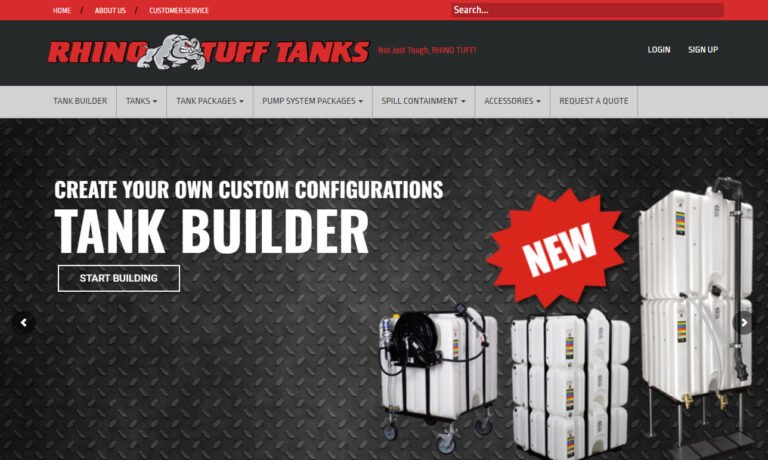
More Double Wall Tank Manufacturers
Double wall tanks store hazardous substances utilized in industrial processes in an inner tank while providing a secondary tank locked-on to the inner plastic tank and creating a protective space between the inner tank and the outer tank. Double wall tanks protect both the worker and the environment by offering high reliability and superior protection against harmful chemical spills and leaks. In addition, the double walls ensure that unwanted substances will not enter and mix with the substance within the tank as well.
Double Wall Tank Design
Consisting of an inner tank referred to as a primary tank and an outer tank referred to as a secondary containment tank, double wall tanks offer a secure protection system. The inner tank stores the hazardous substance, and protective space, called an interstitial space or the area between two walls, is created between the inner and outer walls. The protective space is filled with a non-hazardous substance as well as a level sensor that will detect any leakage from the inner tank. If any leakage is detected, the leak will travel through the substance until it reaches the liquid sensor attached to a unique alarm system. Consisting of a strobe or standard controller, the alarm system will trigger and emit a loud sound. The outer wall is specifically designed to contain the leak or spill and prevent any possible damage that would ensue. Most double wall tanks come with a standard vented manway, which is a center vent or fitting that allows the chemicals to release fumes. The type of manway used by a double wall tank depends on the substance to be stored. For example, non-vented manways are used for double wall tanks storing substances with harmful chemical fumes.
Applications of Double Wall Tanks
Double wall storage tanks are beneficial for many different industries such as agricultural, pharmaceutical, forestry, mining, chemical processing, automotive, and wastewater. With a wide range of chemical resistance, double walled tanks are often used as chemical tanks for substances including acetic acid, ferric chloride, calcium chloride, ethylene glycol, alcohol gasoline mixtures, transmission fluids, waste oil, antifreeze, and diesel. A double wall tank’s usefulness in industries depends on the type of substance they store. Double wall fuel tanks, for example, are useful for commercial, residential, industrial, and petroleum industries.

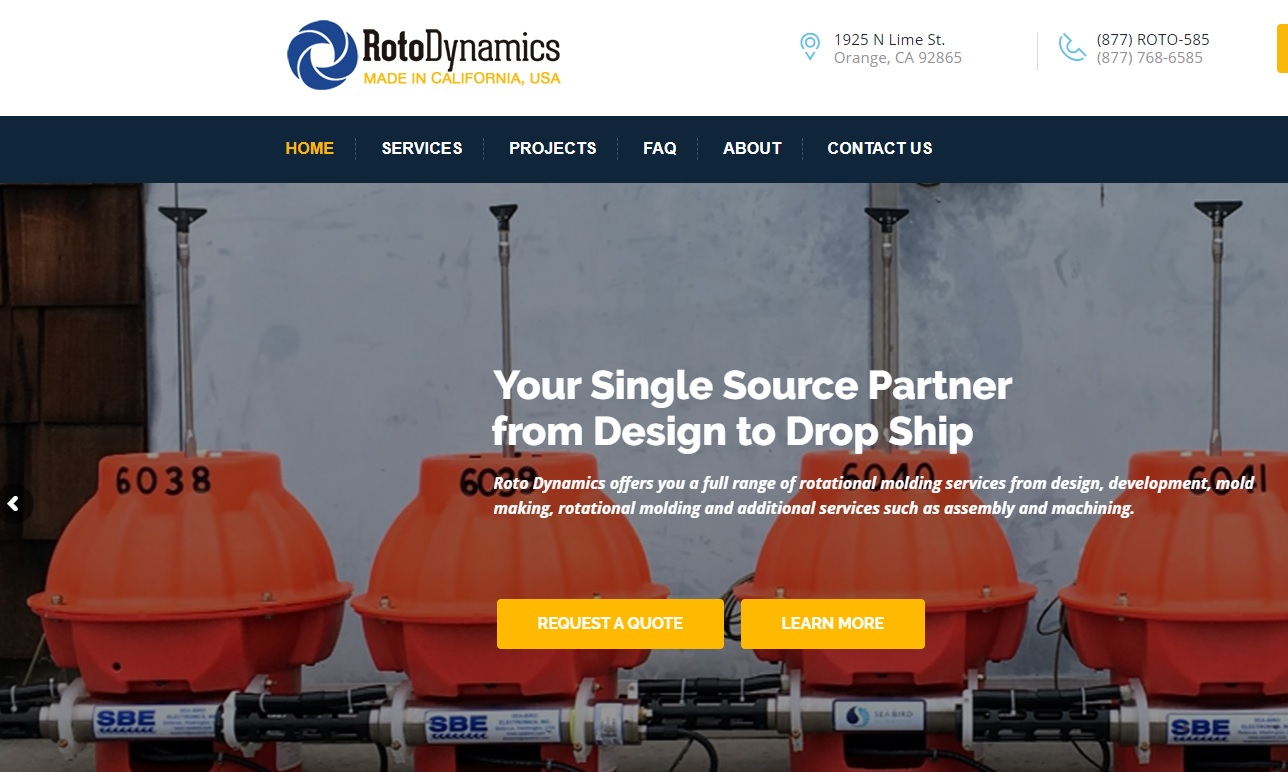
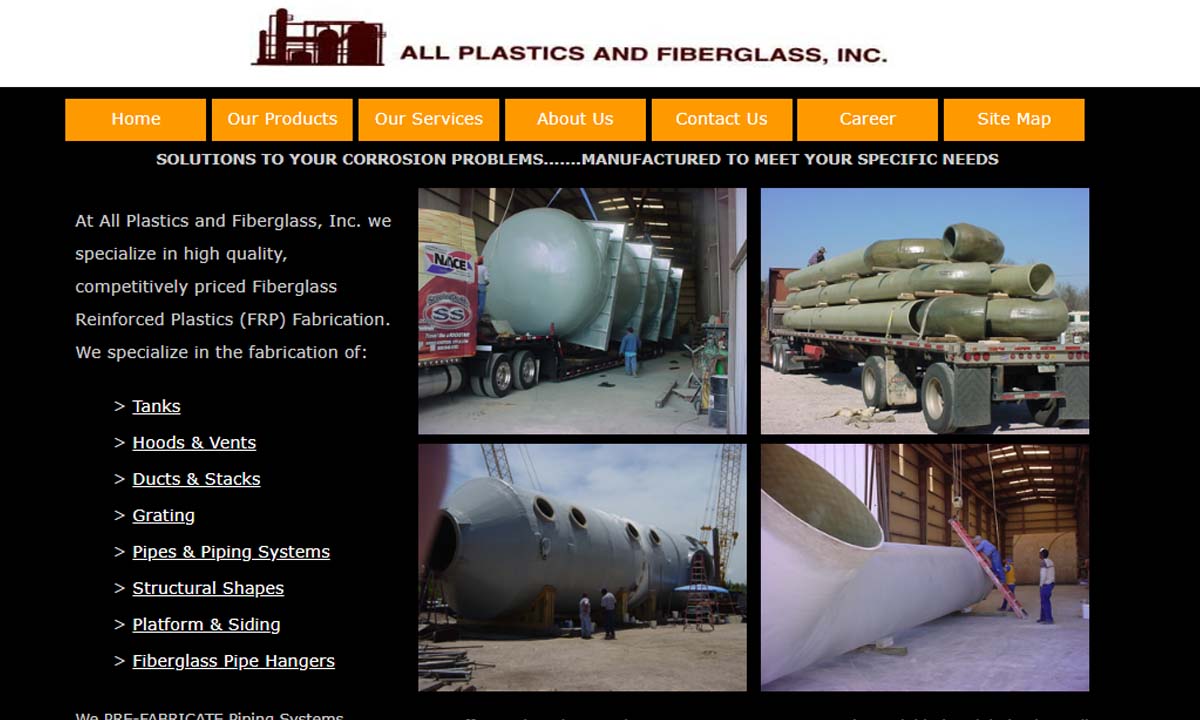
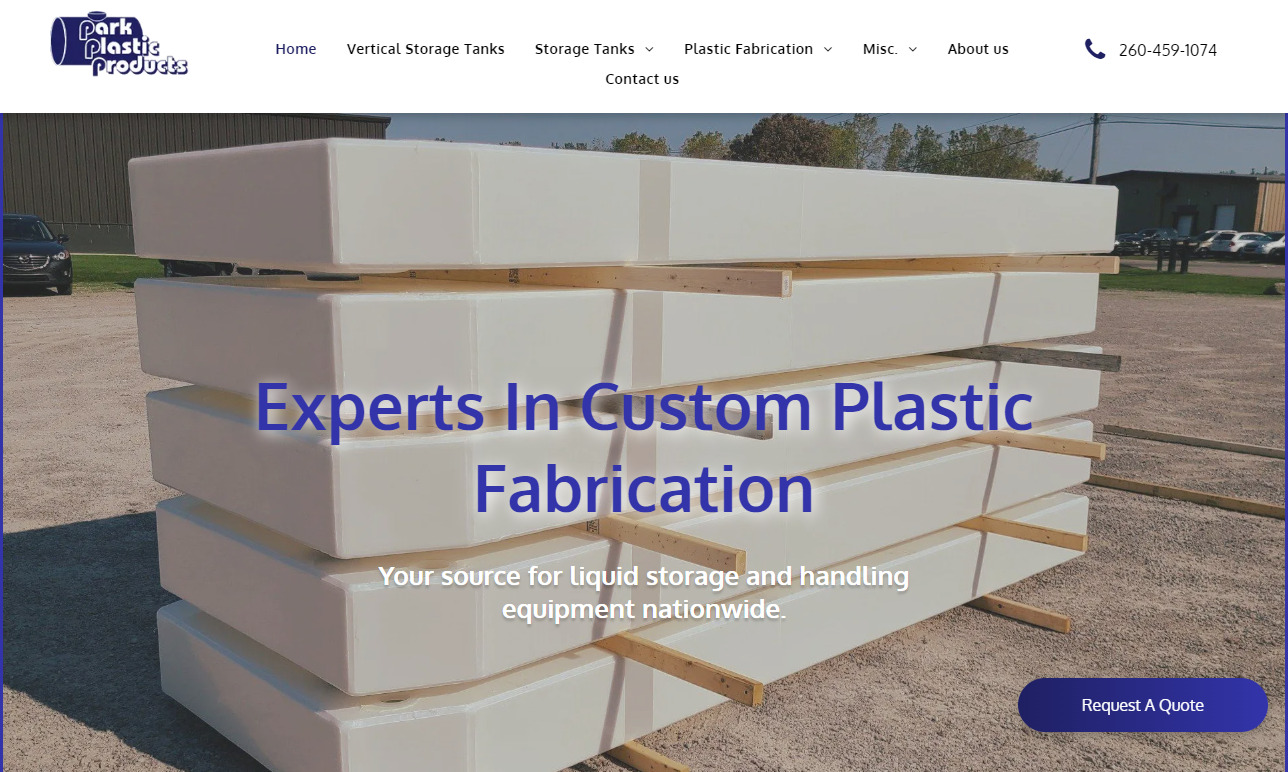
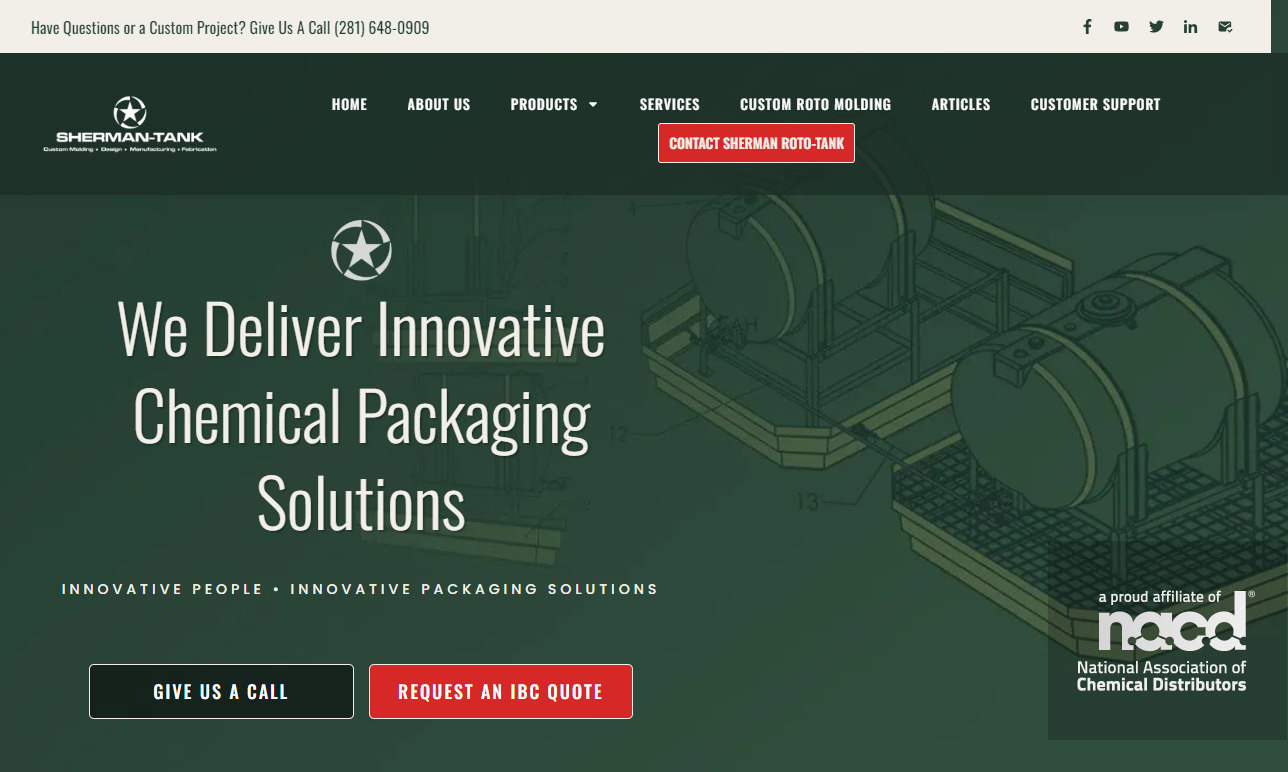

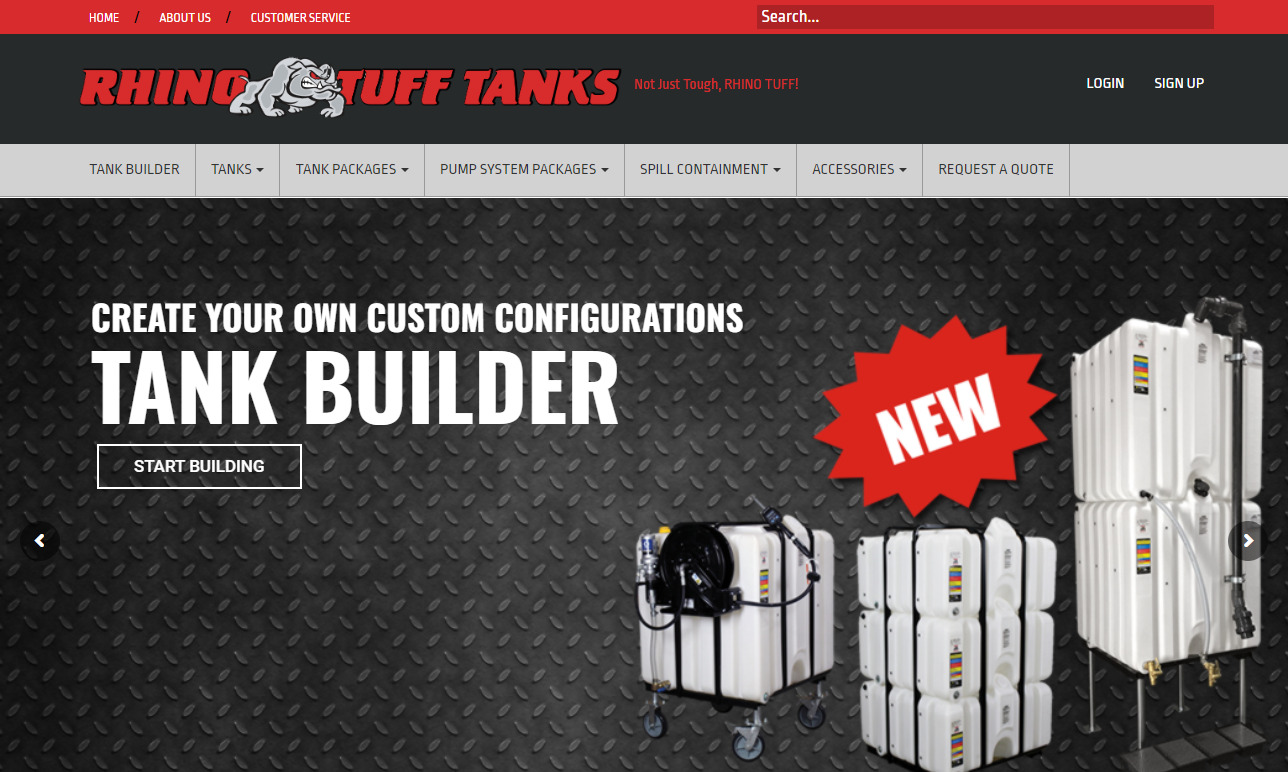
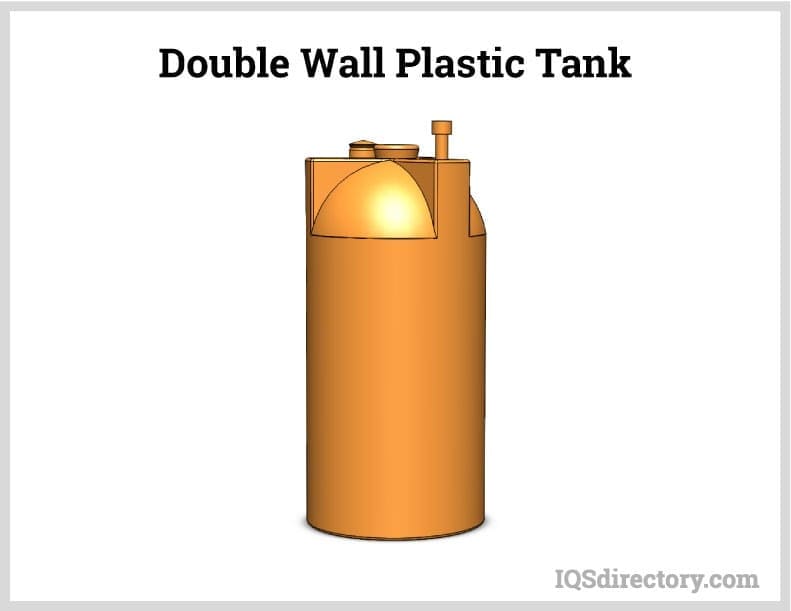
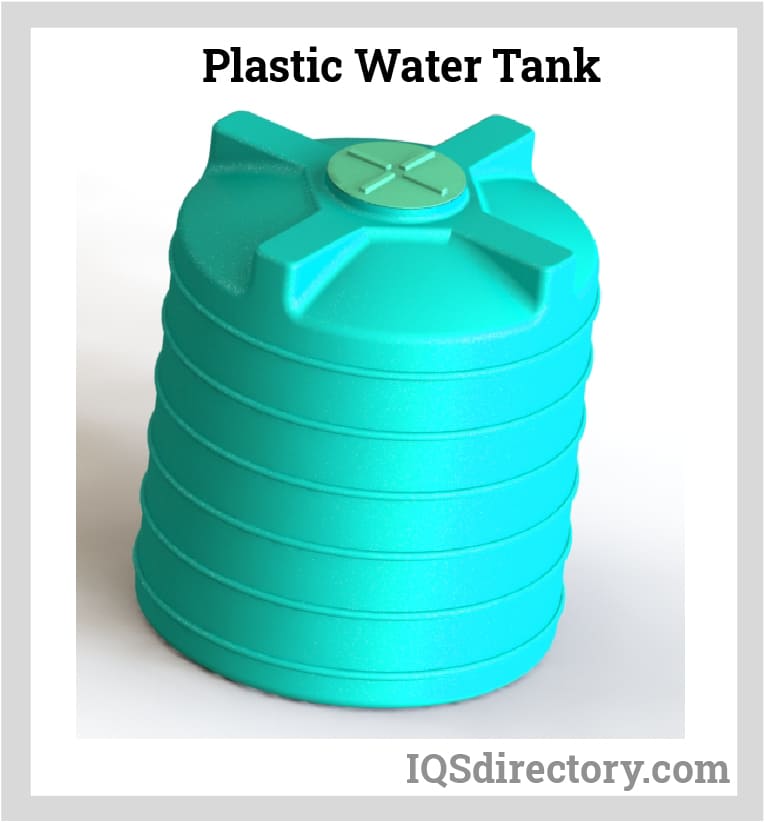
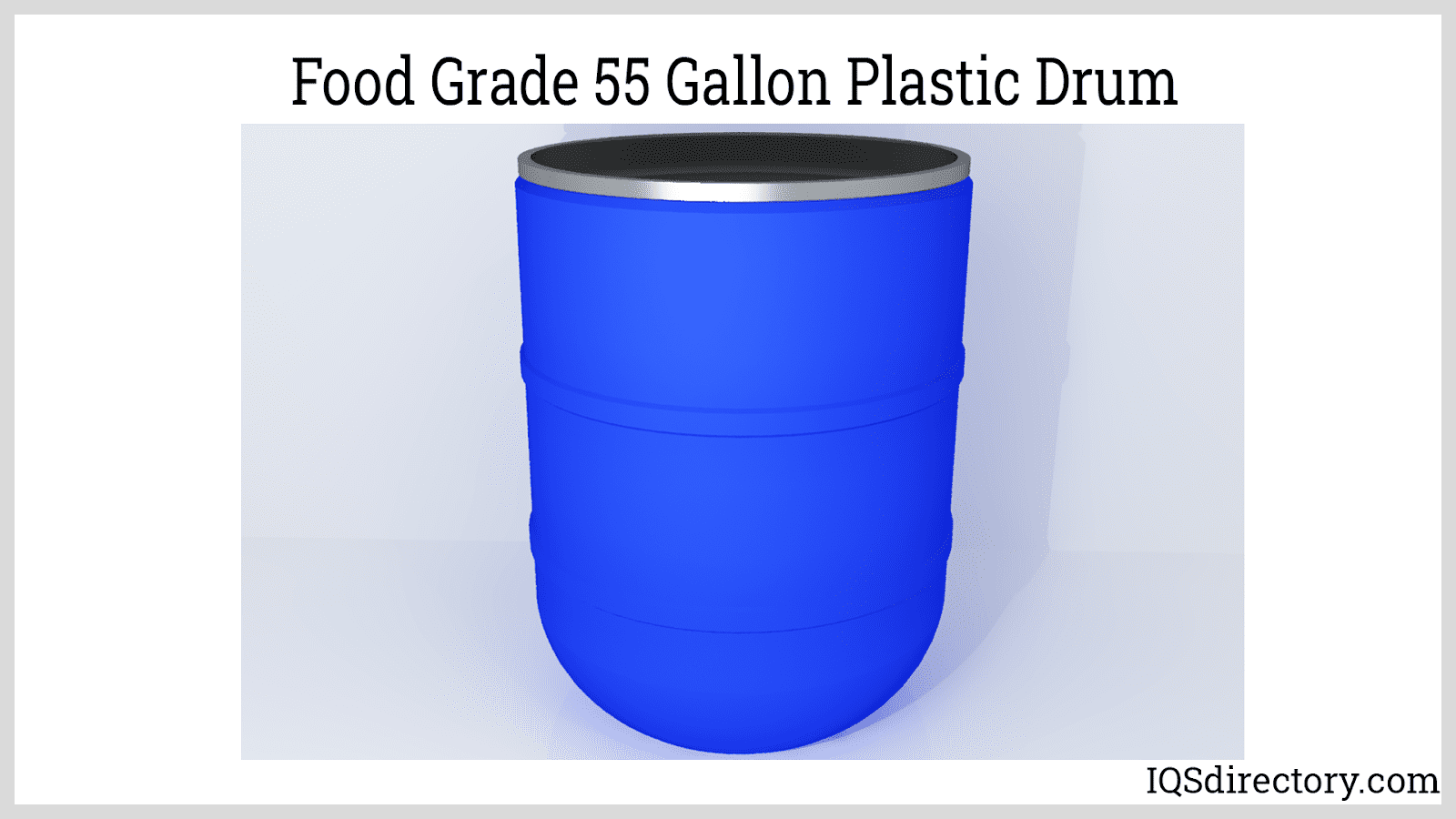
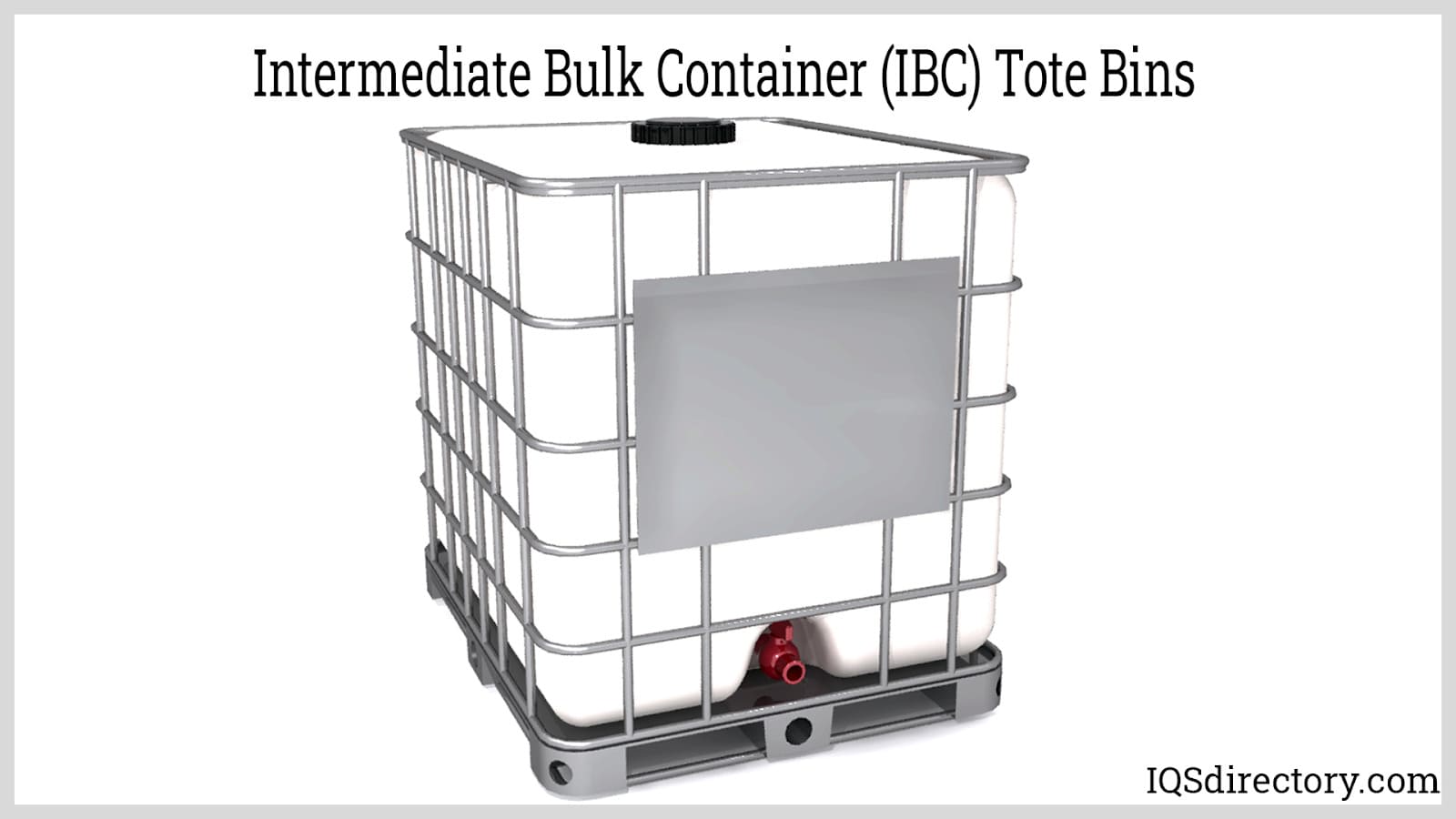
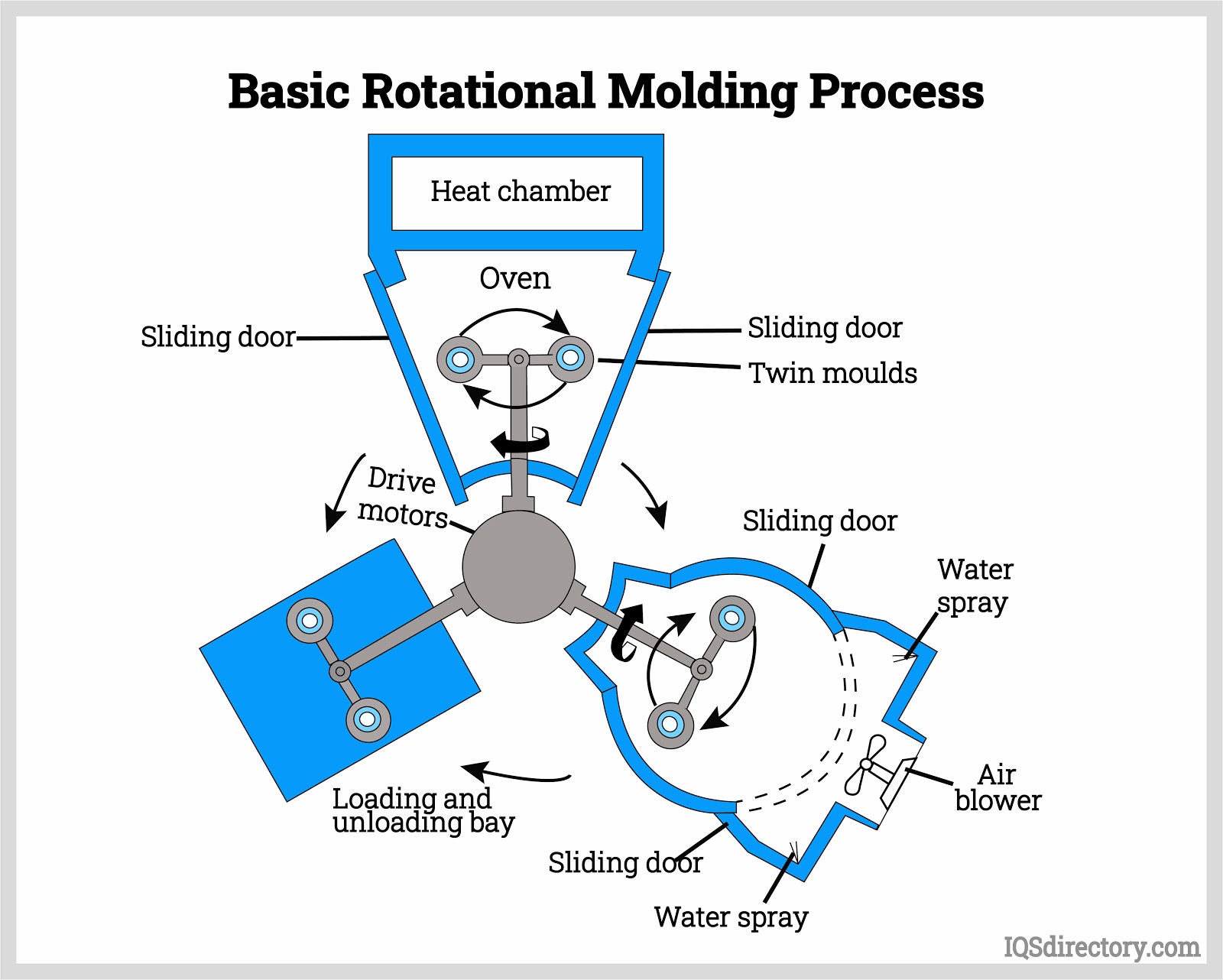
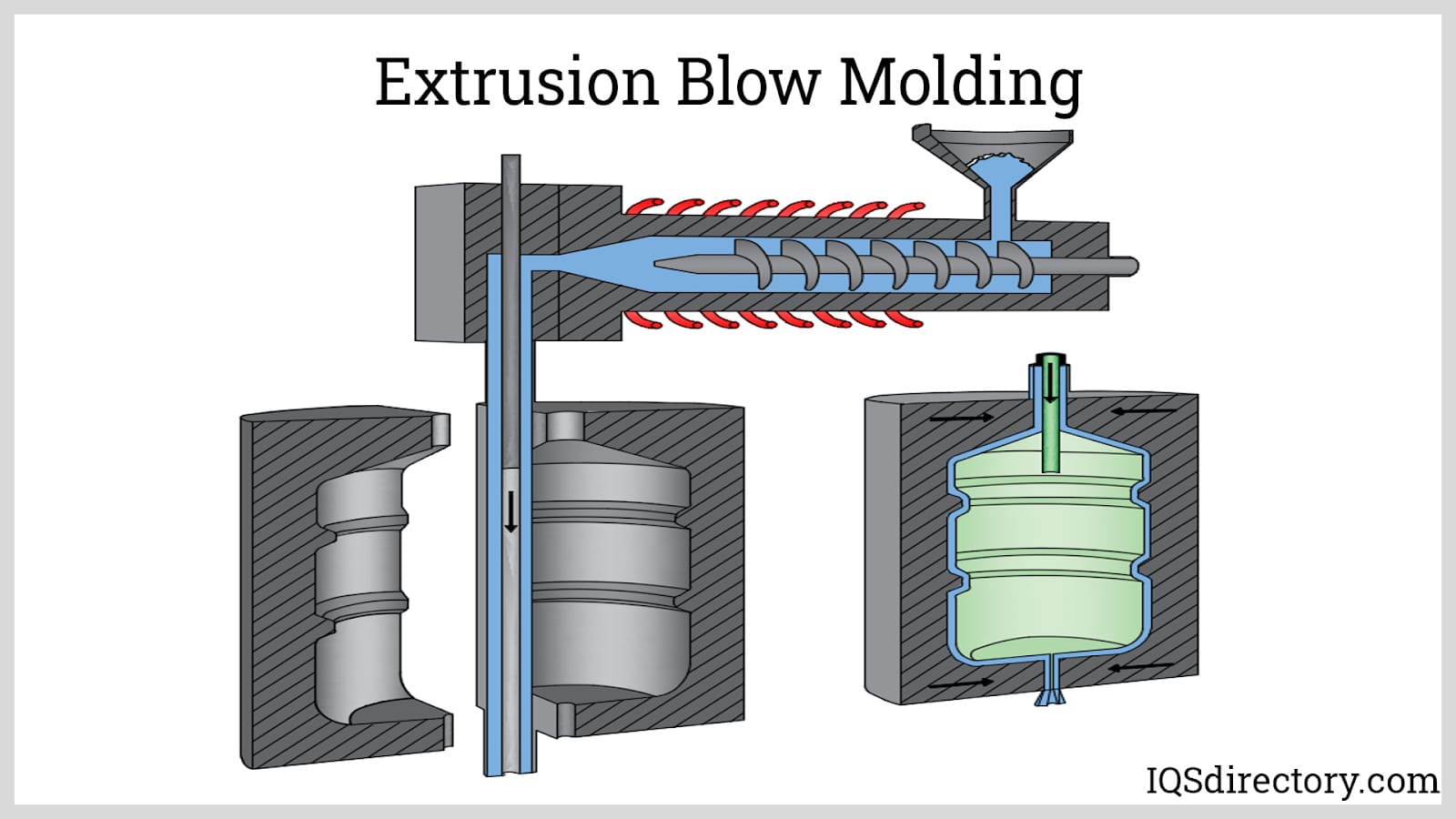
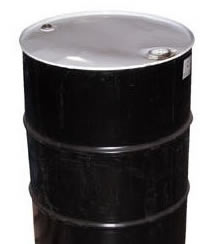 55 Gallon Drums
55 Gallon Drums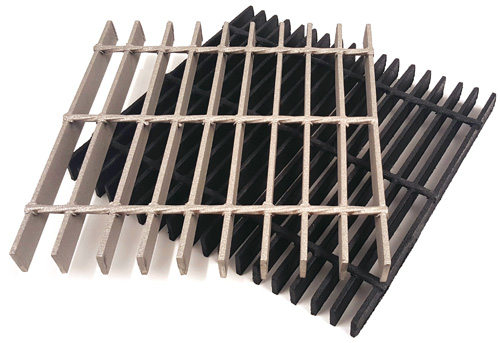 Floor Gratings
Floor Gratings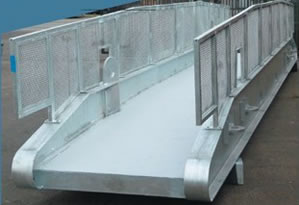 Mezzanines
Mezzanines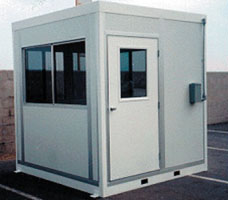 Modular Buildings
Modular Buildings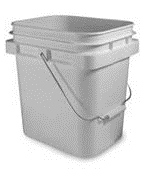 Plastic Containers
Plastic Containers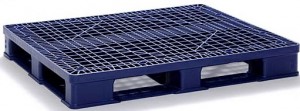 Plastic Pallets
Plastic Pallets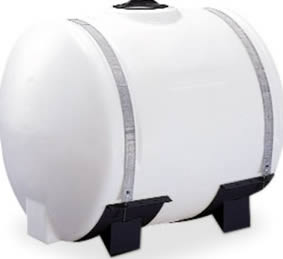 Plastic Tanks
Plastic Tanks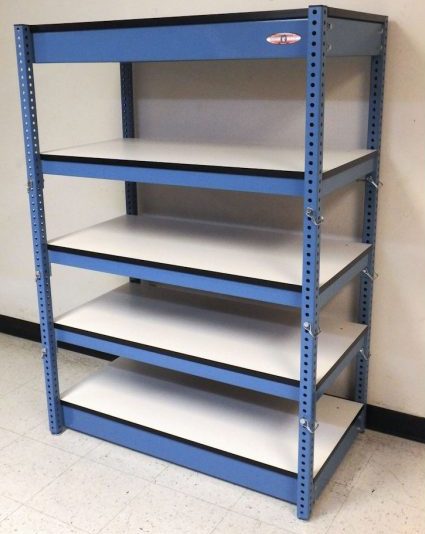 Steel Shelving
Steel Shelving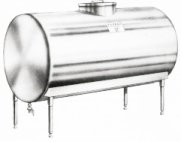 Stainless Steel Tanks
Stainless Steel Tanks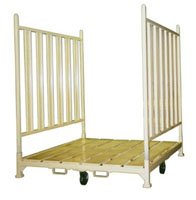 Storage Racks
Storage Racks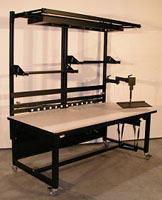 Work Benches
Work Benches Castings & Forgings
Castings & Forgings Bulk Material Handling
Bulk Material Handling Electrical & Electronic Components
Electrical & Electronic Components Flow Instrumentation
Flow Instrumentation Hardware
Hardware Material Handling Equipment
Material Handling Equipment Metal Cutting Services
Metal Cutting Services Metal Forming Services
Metal Forming Services Metal Suppliers
Metal Suppliers Motion Control Products
Motion Control Products Plant & Facility Equipment
Plant & Facility Equipment Plant & Facility Supplies
Plant & Facility Supplies Plastic Molding Processes
Plastic Molding Processes Pumps & Valves
Pumps & Valves Recycling Equipment
Recycling Equipment Rubber Products & Services
Rubber Products & Services